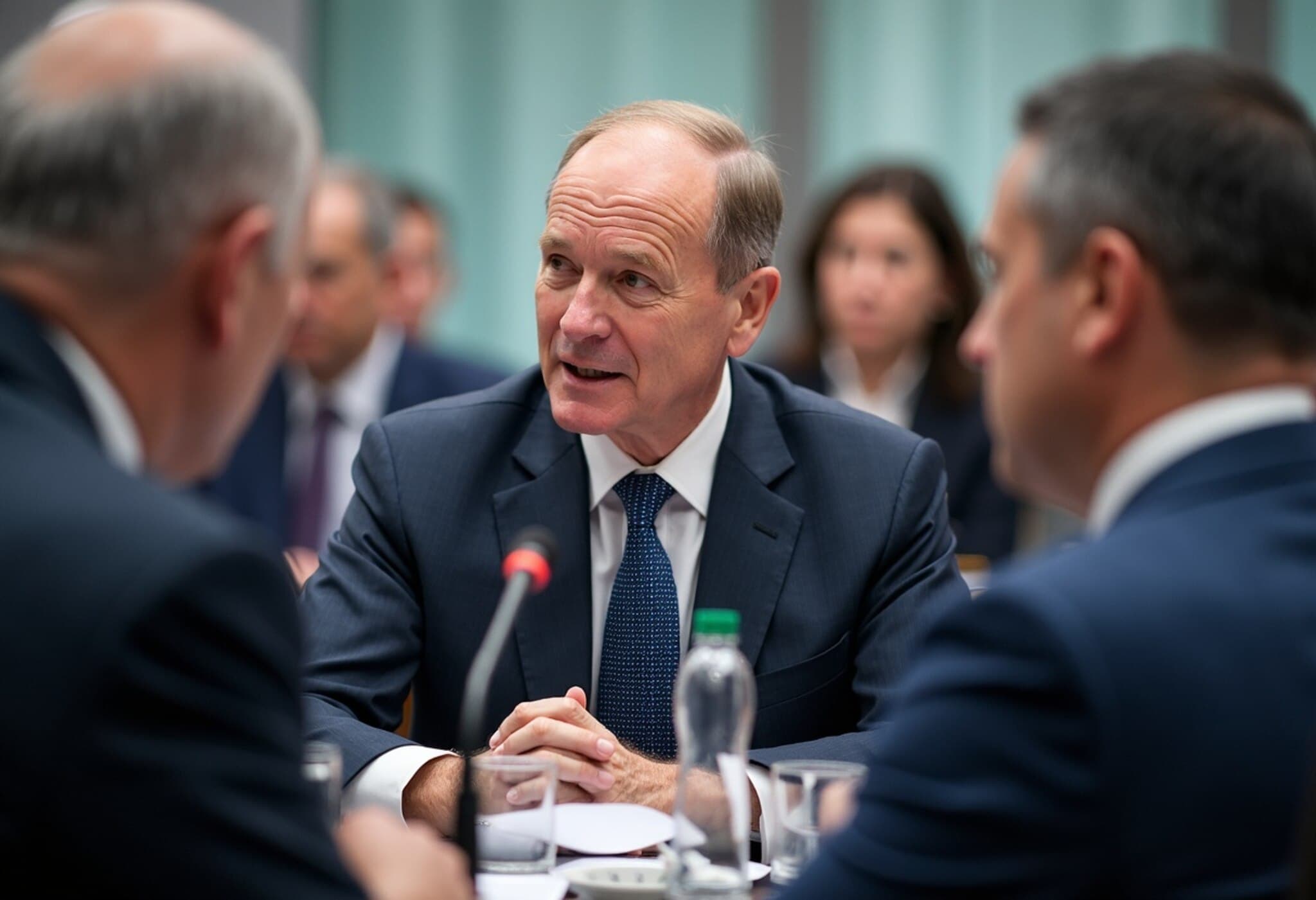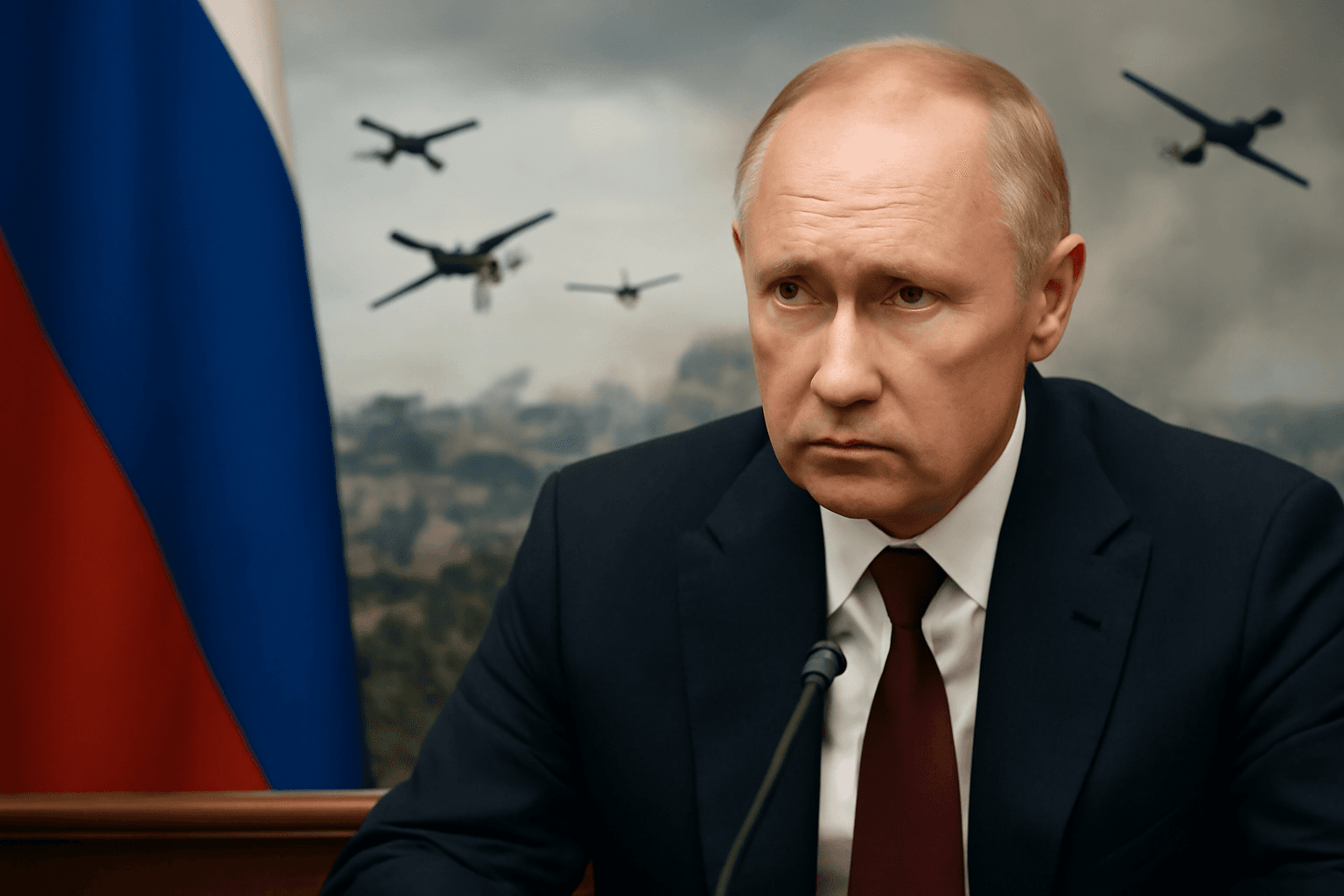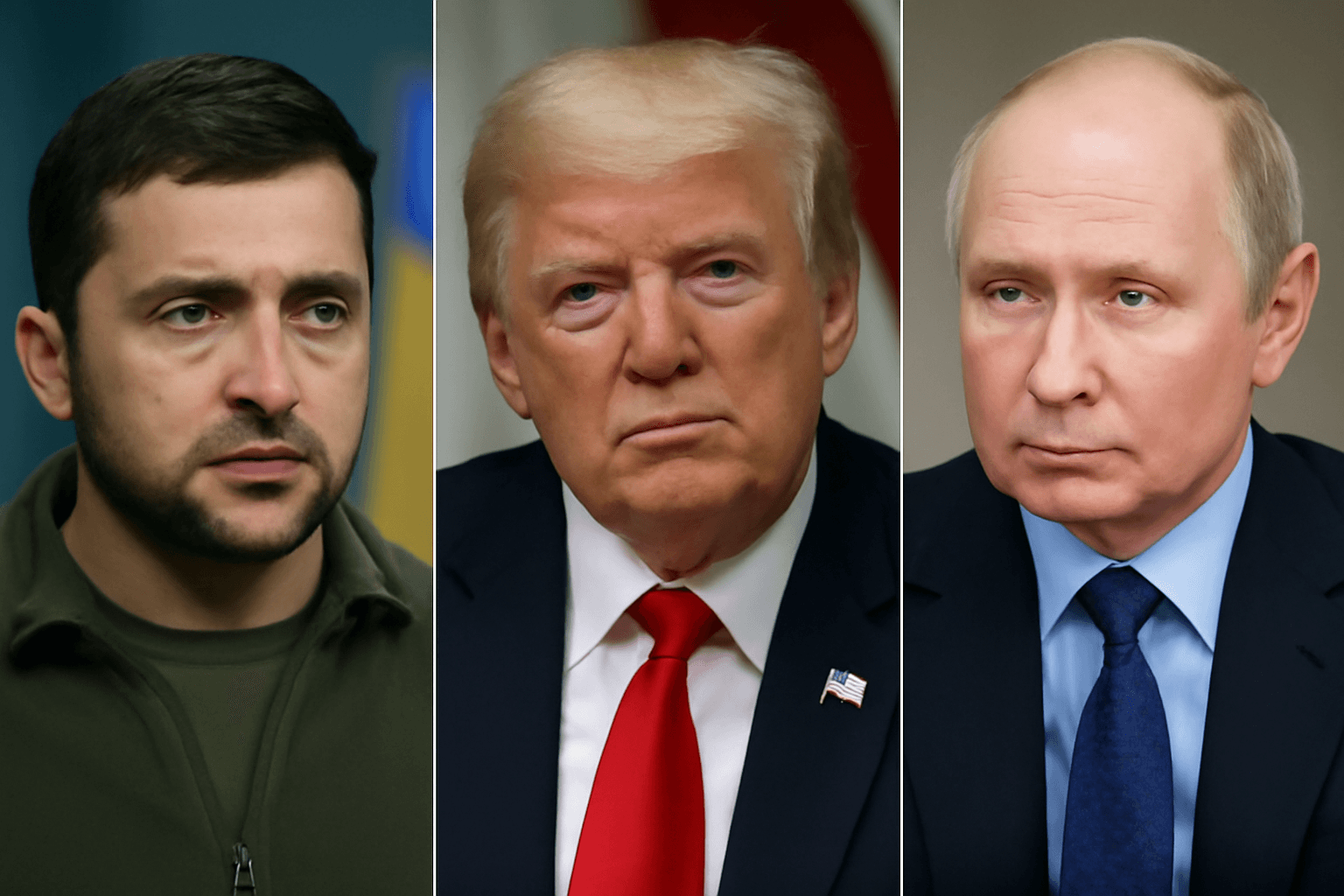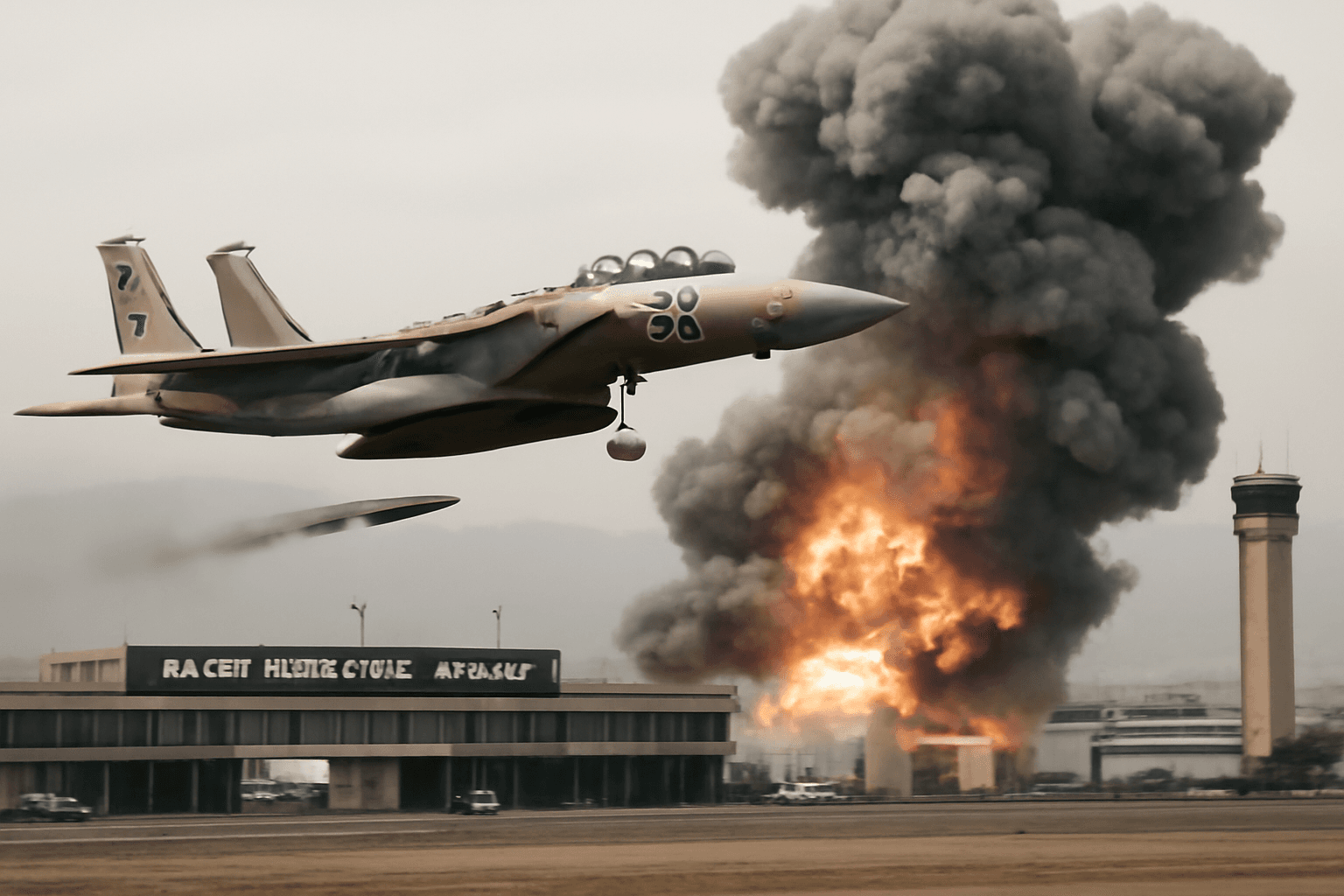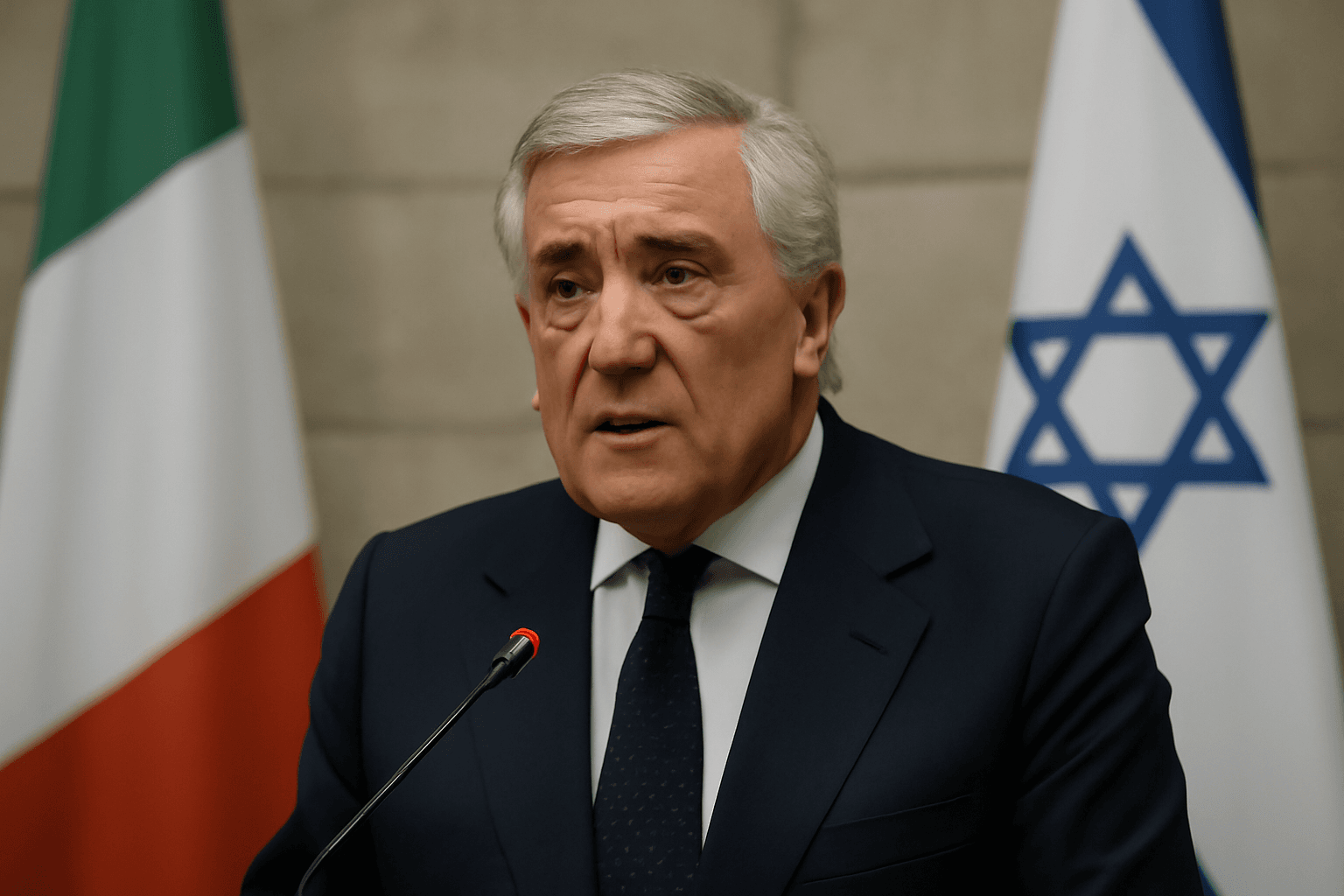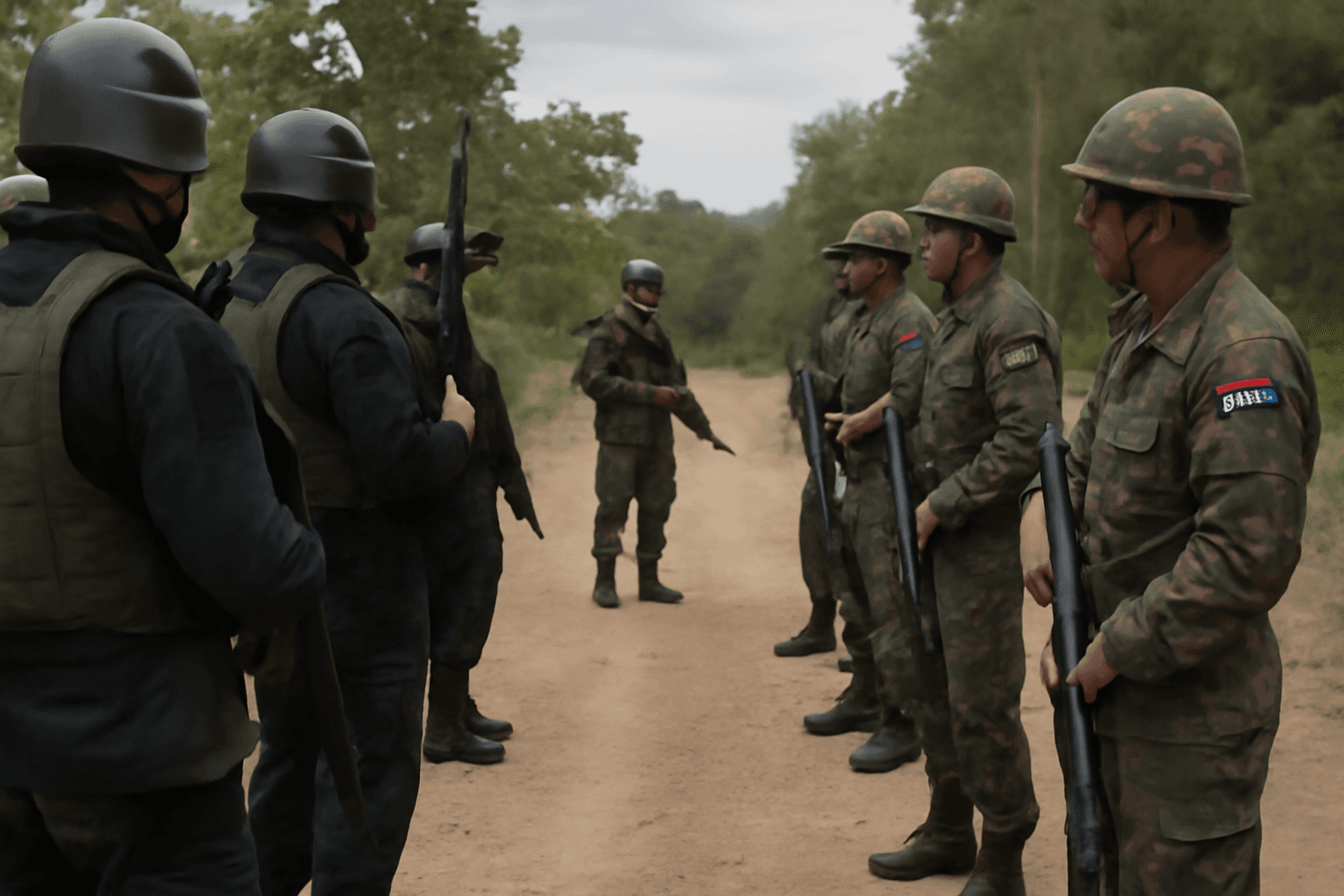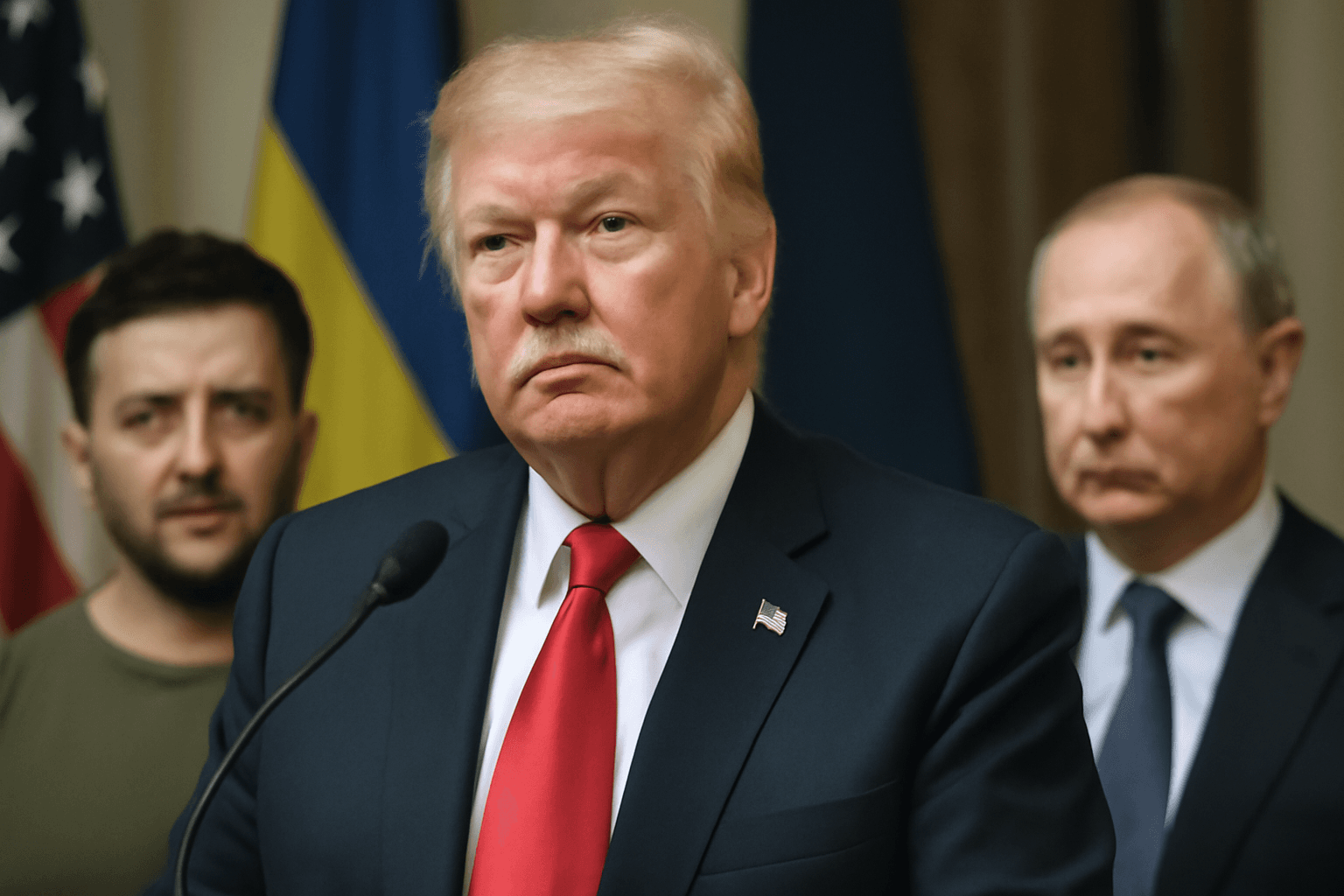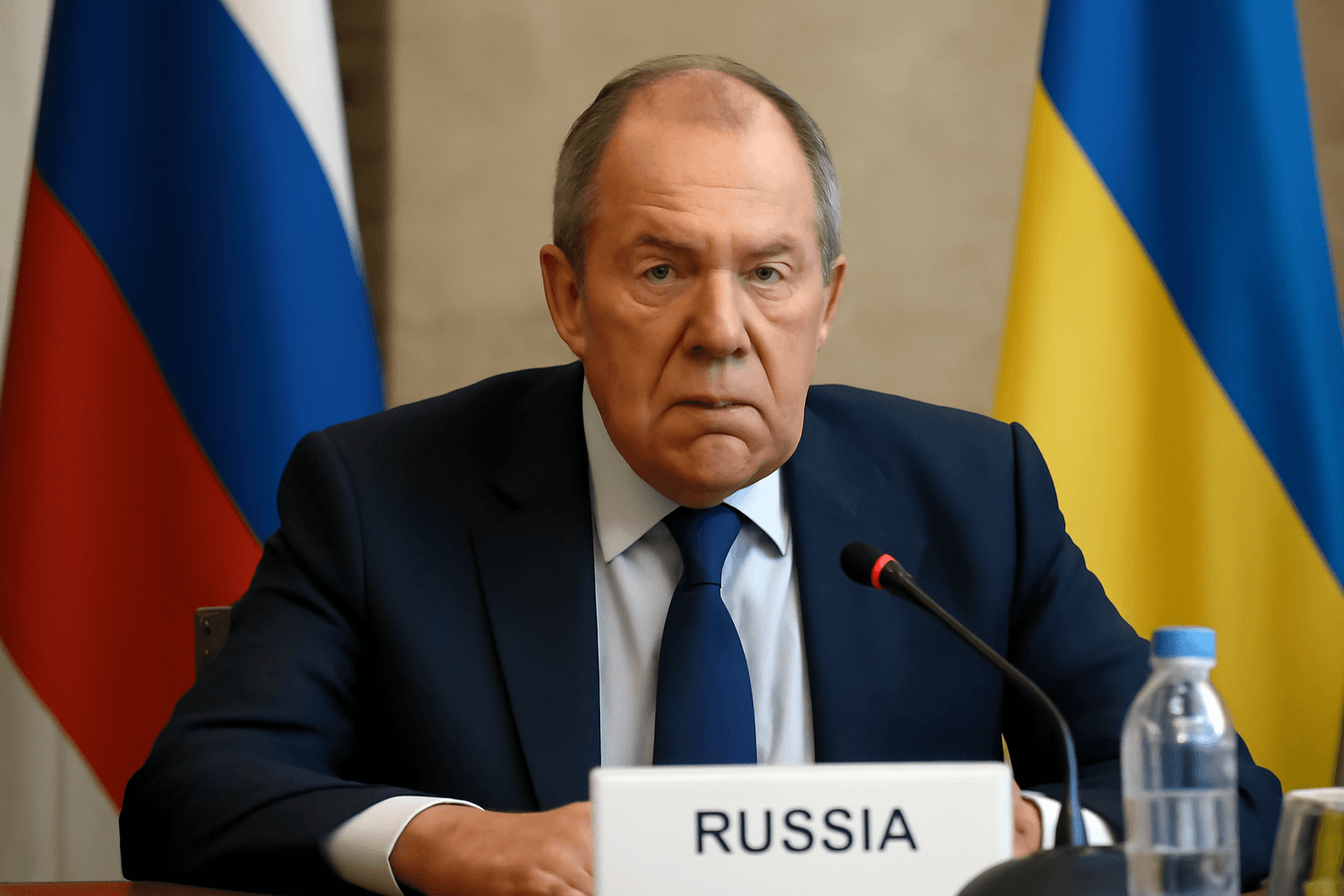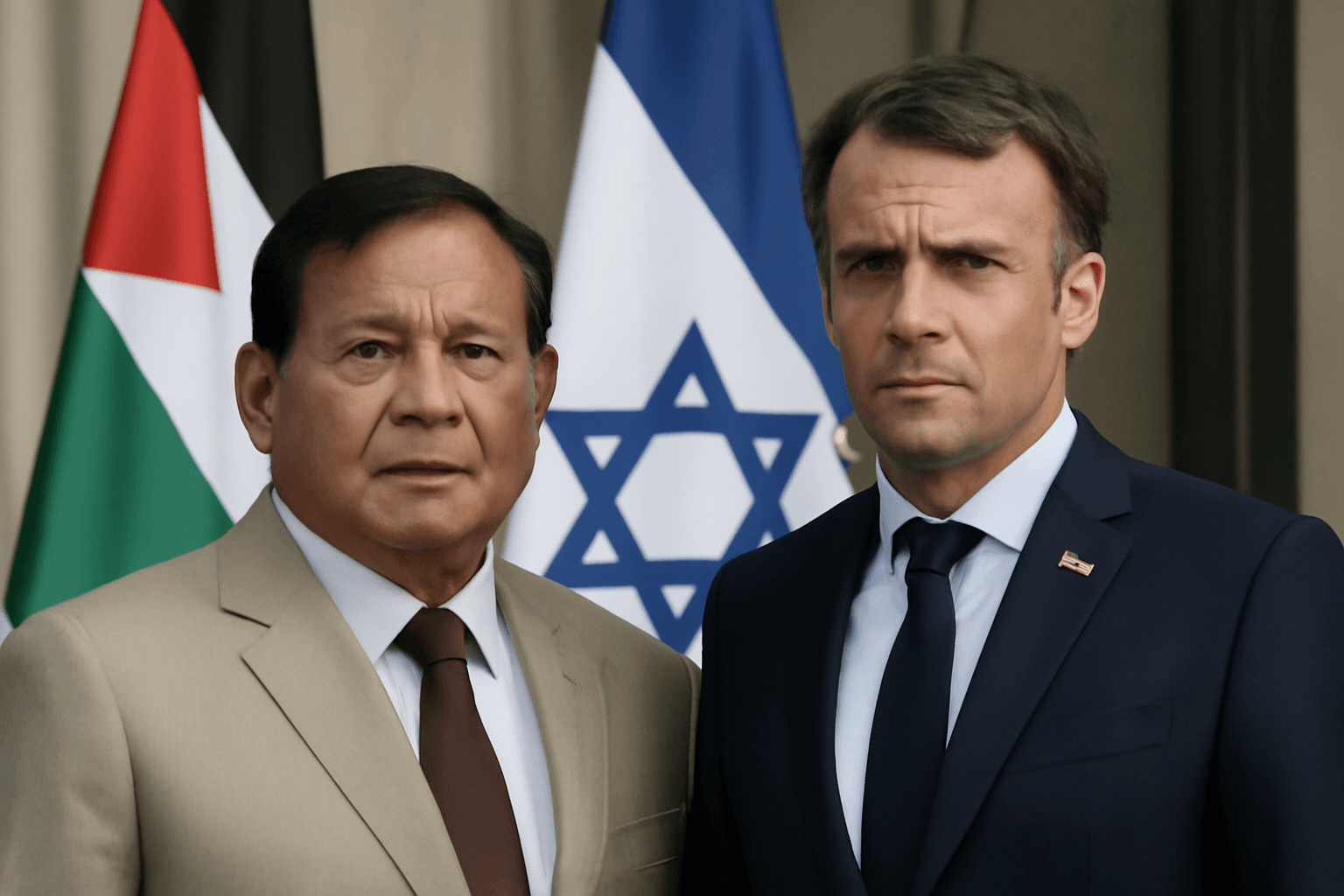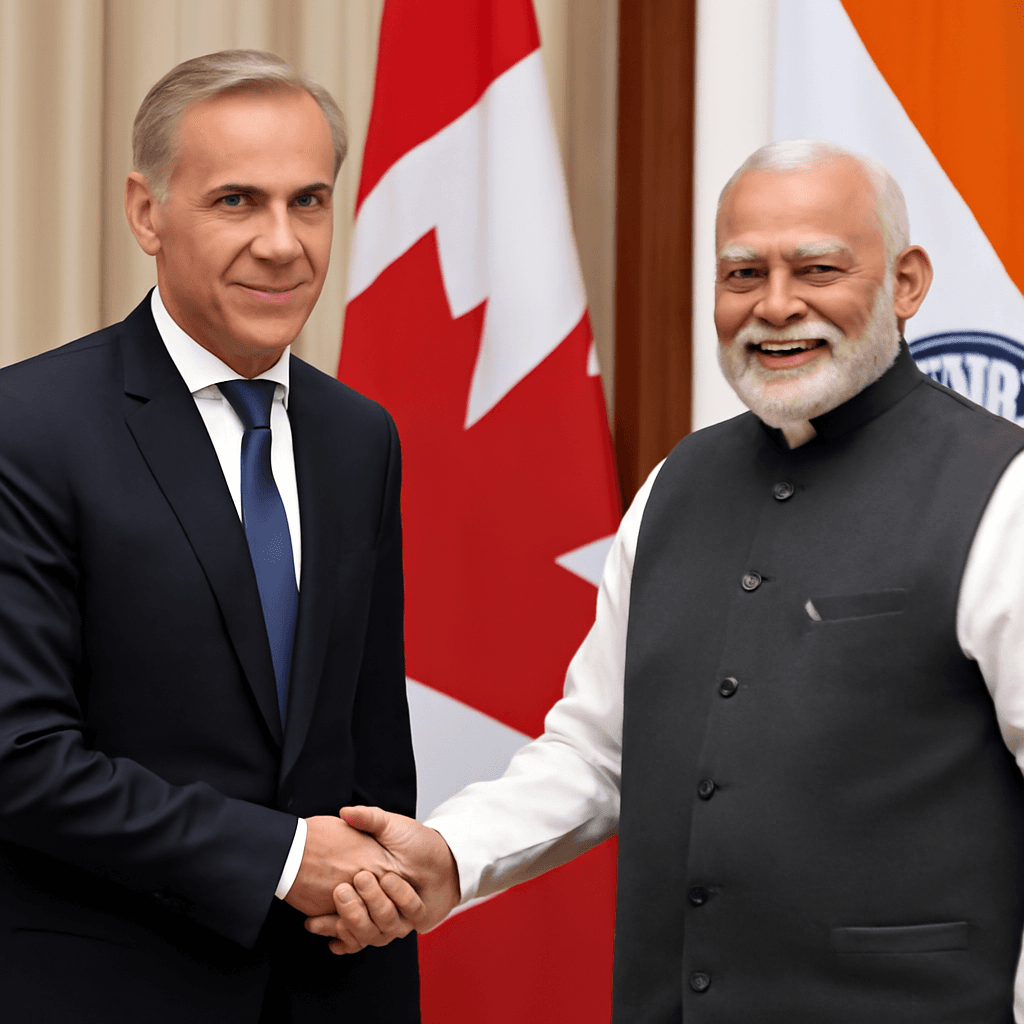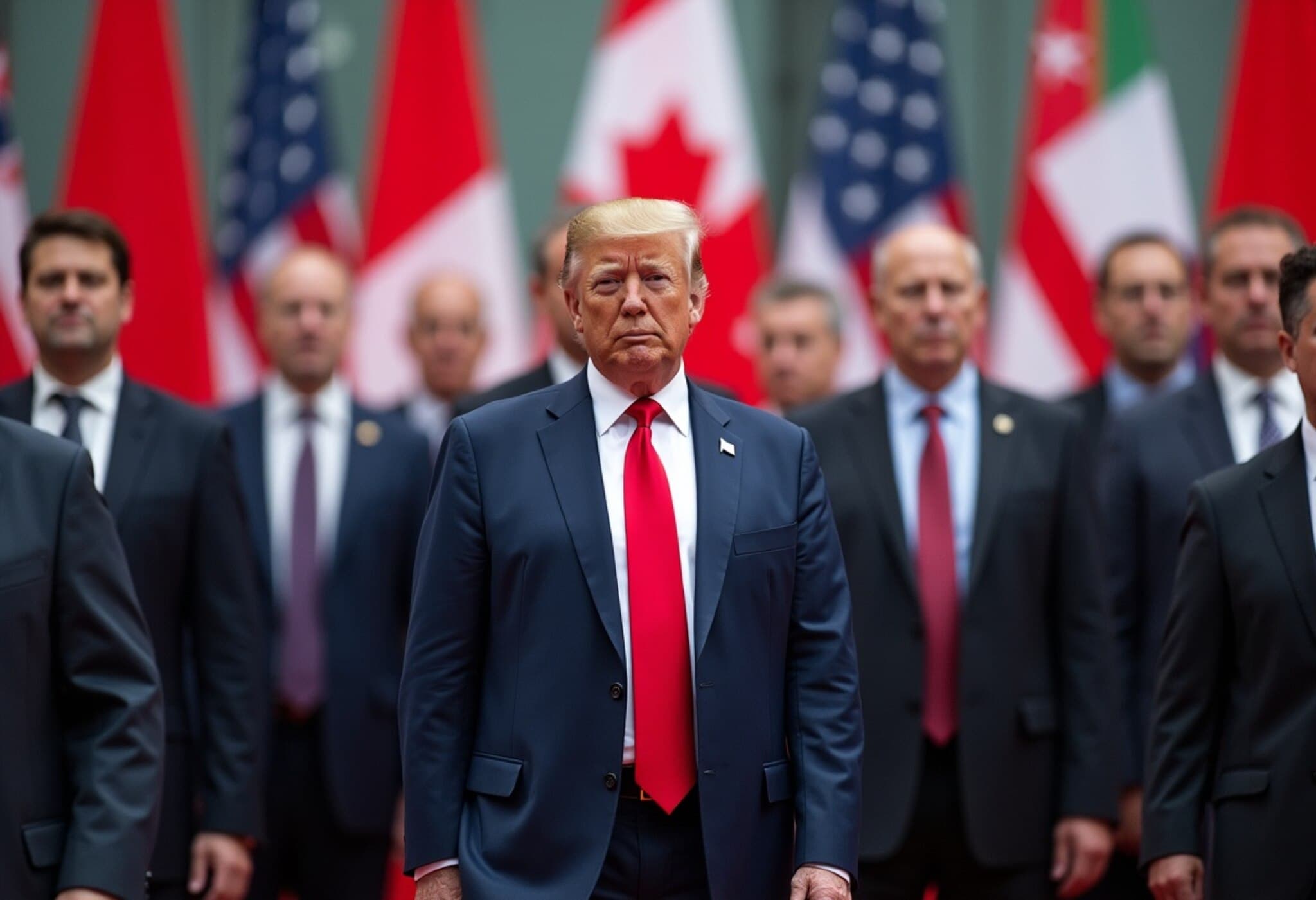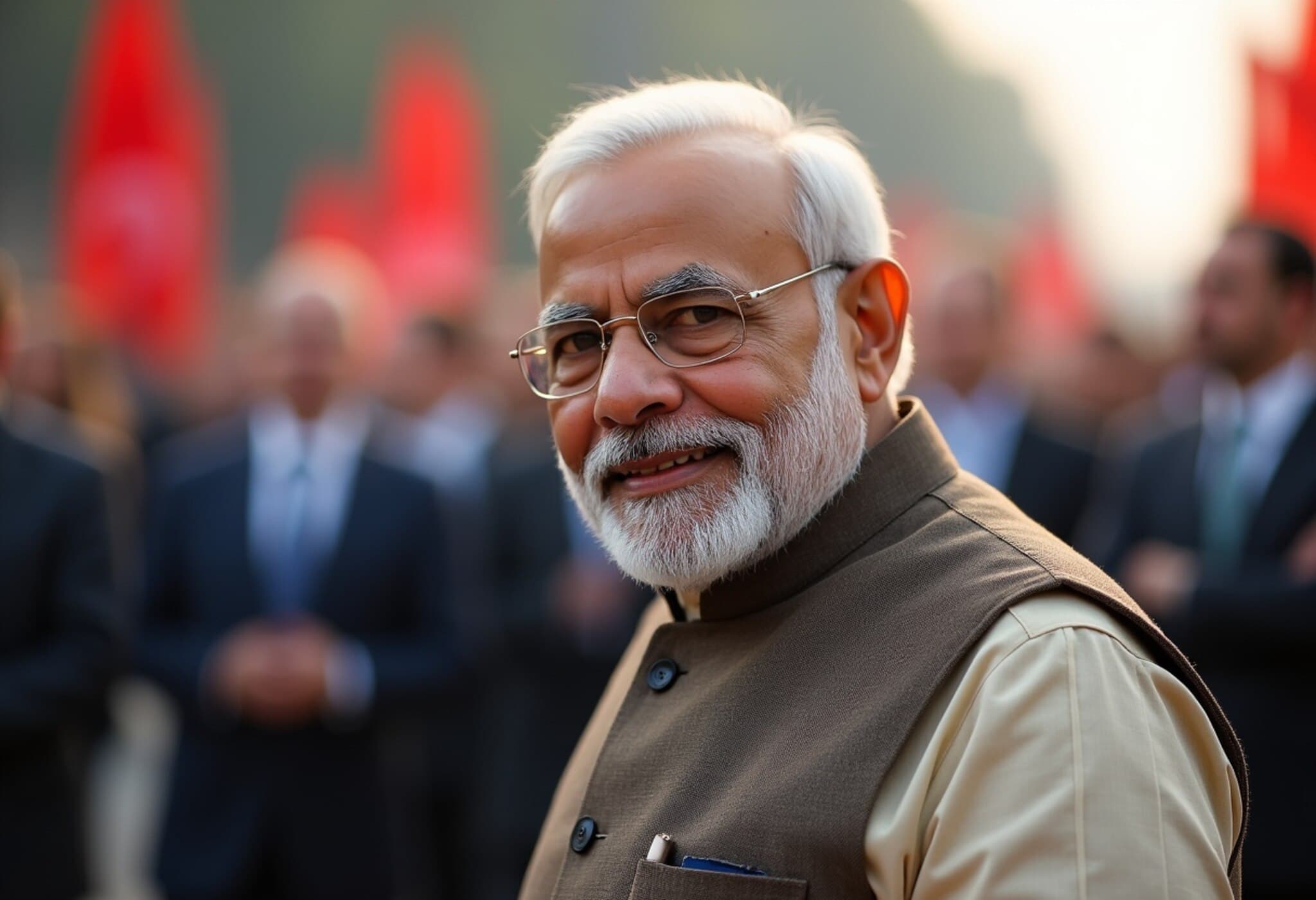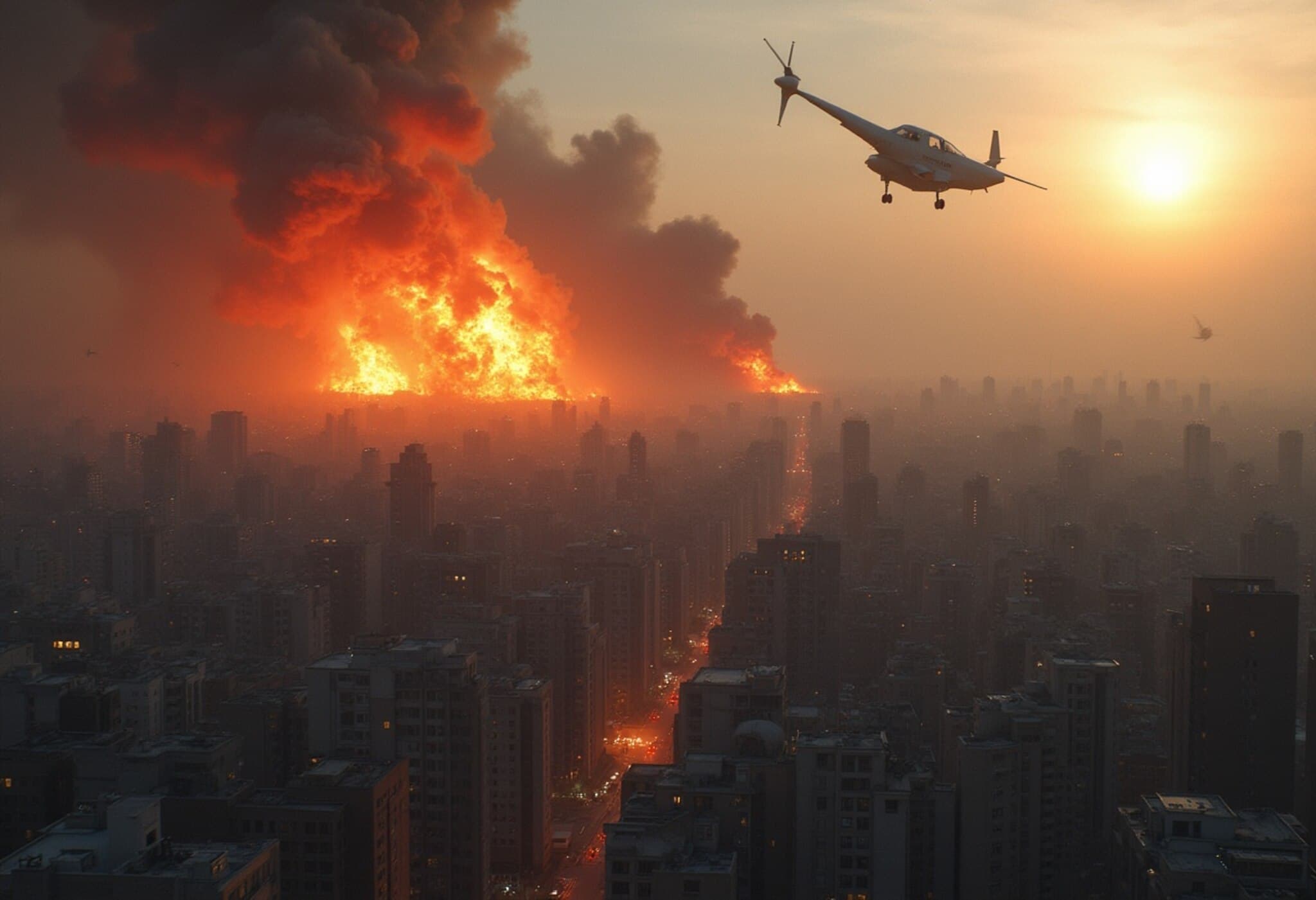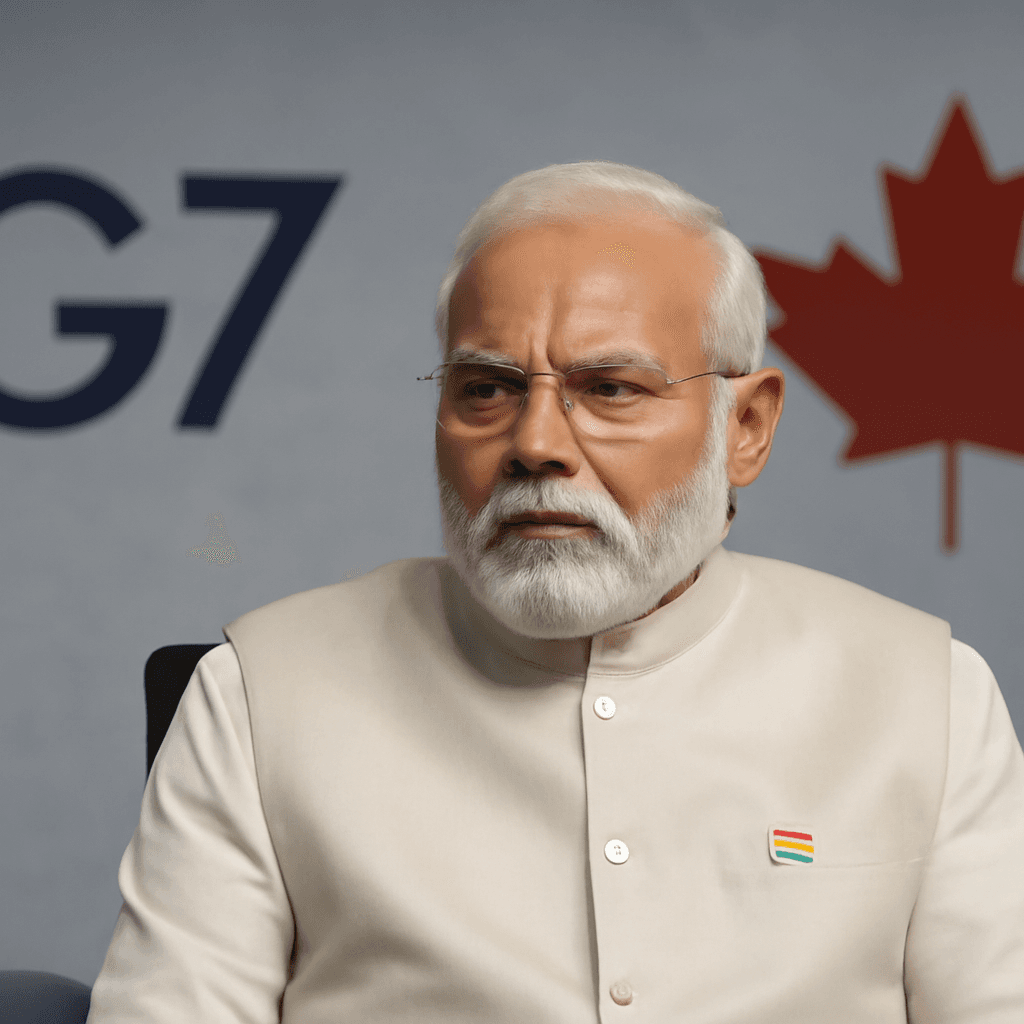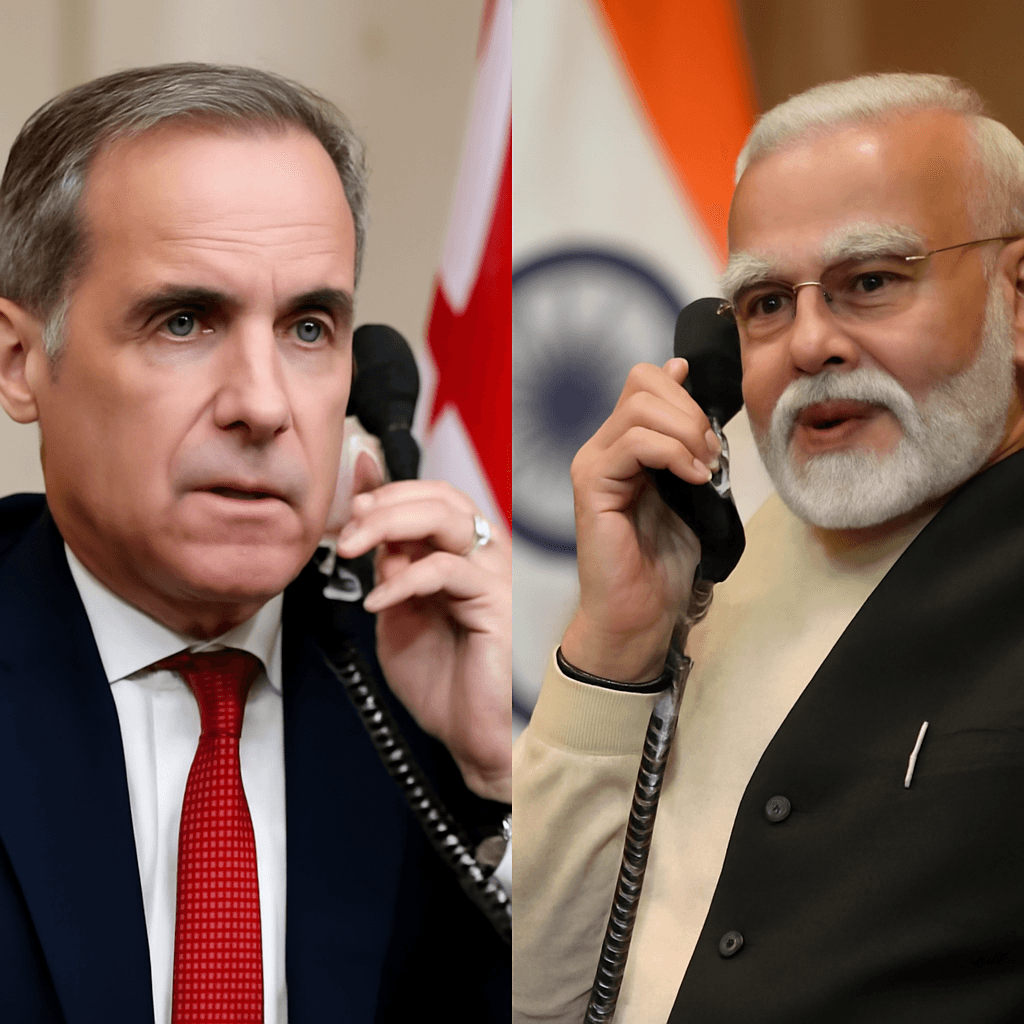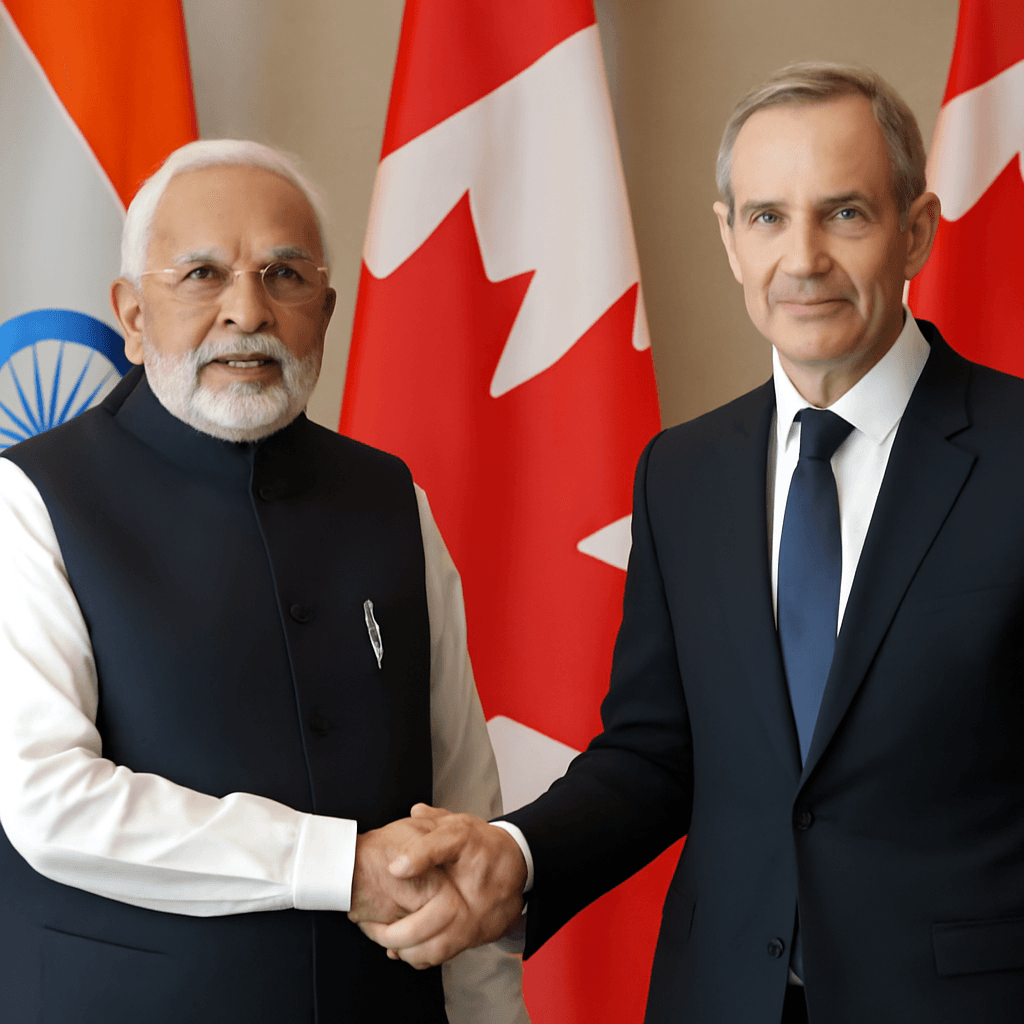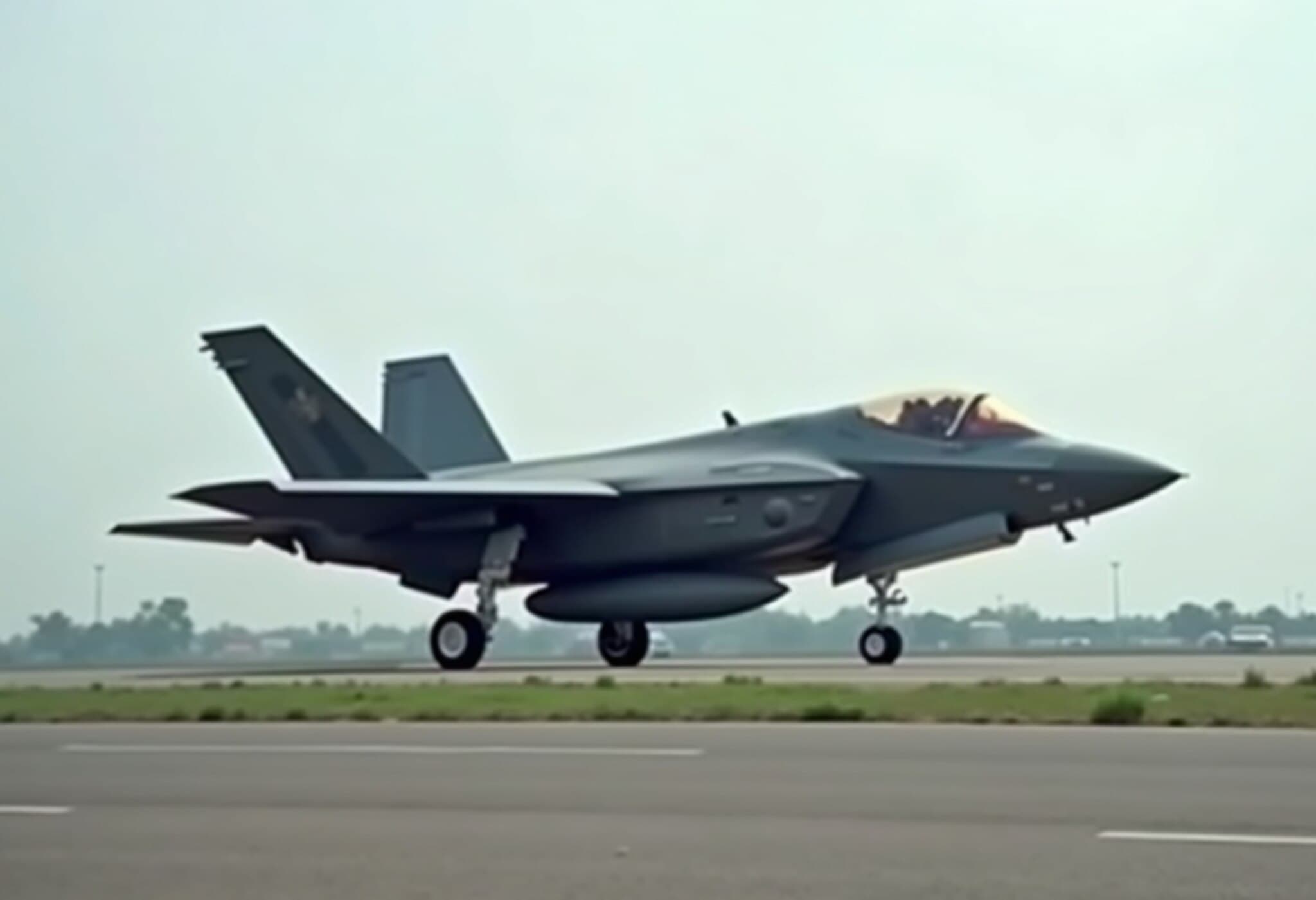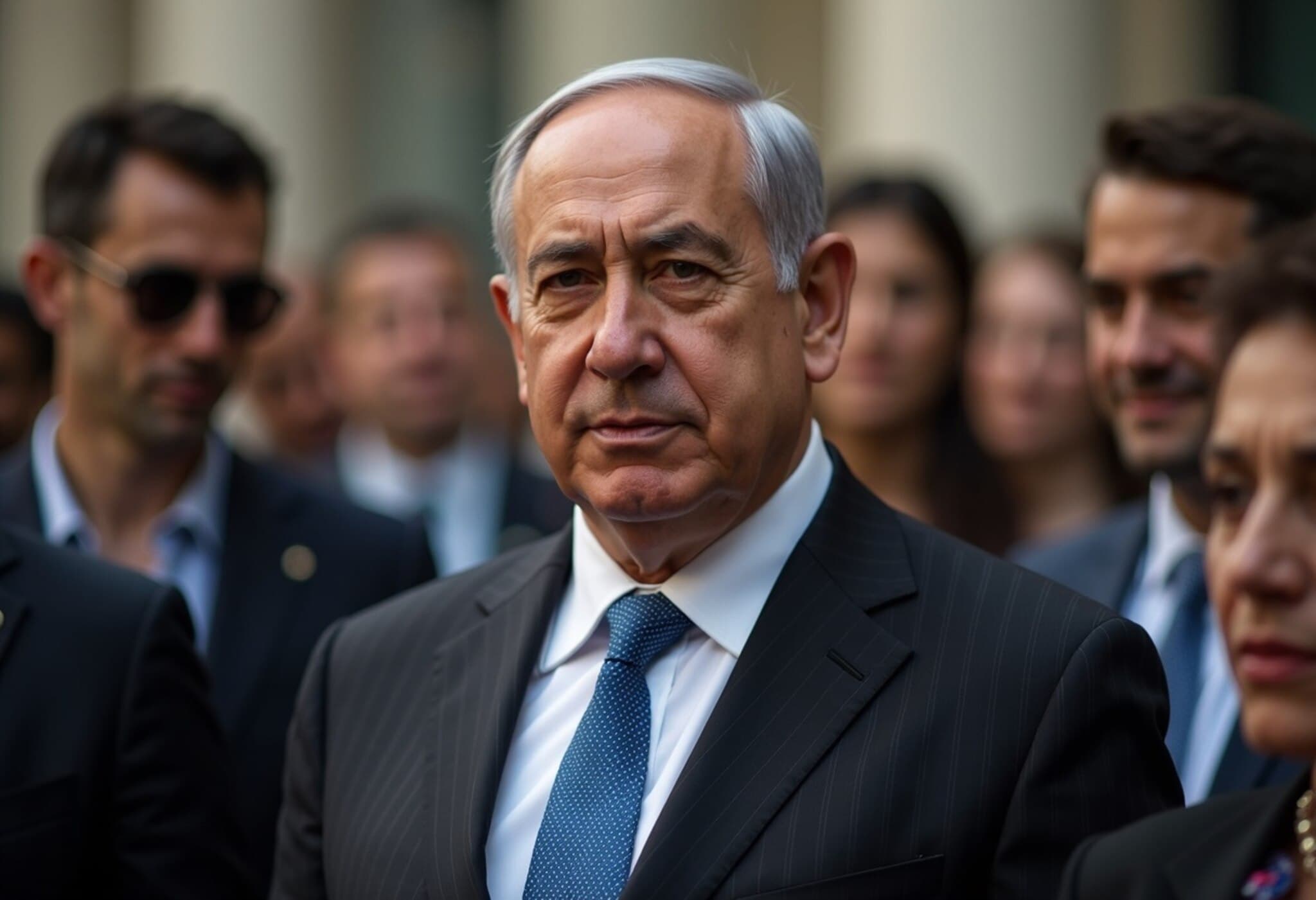G7 Summit 2025: Three Conflicts Commanding Global Attention
As Canada prepares to welcome leaders of the world's most powerful economies to Alberta for the 2025 G7 Summit, three pressing conflicts will dominate their discussions: the Russia-Ukraine war, the escalating tensions in West Asia, and the trade disputes initiated by the United States under former President Donald Trump.
Major Issues on the Table
This year's summit aims to tackle multifaceted security and economic challenges. While the ongoing war in Ukraine and the violent conflict in Gaza have drawn international concern for some time, the atmosphere has grown increasingly tense due to Israel’s recent strikes on Iranian nuclear and military sites and Iran’s retaliatory measures. This evolving situation is expected to overshadow earlier expectations for debates centered on US tariffs.
1. The Russia-Ukraine Conflict
A pivotal focus will be the enduring war in Ukraine, especially given the complex stances among G7 members toward Russia. The bloc generally supports Ukraine and seeks to pressure Russian President Vladimir Putin to engage in peace negotiations. European allies advocate for deepening economic sanctions to weaken Russia’s war machinery.
Cutting the global price of Russian oil and implementing tougher sanctions are on the agenda as potential levers to compel Russia to the negotiating table. However, with former US President Donald Trump's historically favorable posture toward Putin, securing his cooperation remains a delicate challenge.
2. Rising Tensions in West Asia
Originally slated to focus on the Gaza conflict, discussions are now expected to broaden to encompass the escalating Israel-Iran hostilities. France’s president has voiced criticism of Israel’s military actions, while leaders like the UK’s Prime Minister and Trump have expressed support amidst the regional flare-up.
The US administration is particularly concerned about how these rising tensions could impact nuclear negotiations with Iran, initiated earlier this year in Oman. Meanwhile, humanitarian concerns continue to mount regarding the crisis in Gaza, with international calls for a ceasefire growing louder.
3. The Trade War and Tariff Disputes
With Trump attending the summit, the conversation will inevitably turn to his previously proposed trade tariffs, which have since been paused but left an indelible mark on global markets. The G7, established in the 1970s to coordinate responses to economic crises, now faces the paradox of reconciling cooperation with the disruptive impact of unilateral tariffs.
“How can advanced democratic economies maintain an alliance if internal trade policies inflict economic harm?” a senior economic analyst commented, highlighting the challenge of balancing cooperation and conflict within the bloc.
While the UK has secured a bilateral trade deal with the US, other nations, including India and Japan, are exploring similar arrangements with American leadership, seeking to safeguard their economic interests.
Looking Ahead
The 2025 G7 Summit represents a critical juncture for global diplomacy. With security crises converging alongside economic tensions, the world's leading economies must navigate complex and competing priorities. Their ability to find common ground on war, peace, and trade could shape international relations for years to come.

